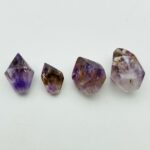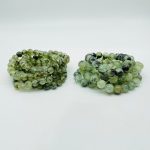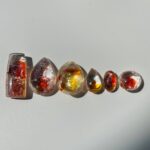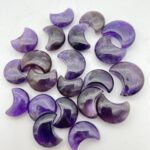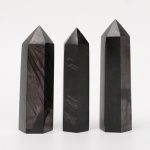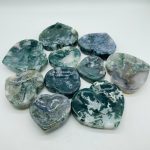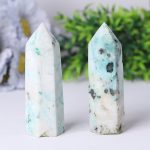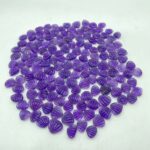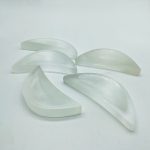The beauty and captivating nature of geode rocks have made them highly sought after by collectors, mineral enthusiasts, and even casual admirers. But when it comes to their worth, determining the value of a geode can be a complex task that requires an examination of several factors.
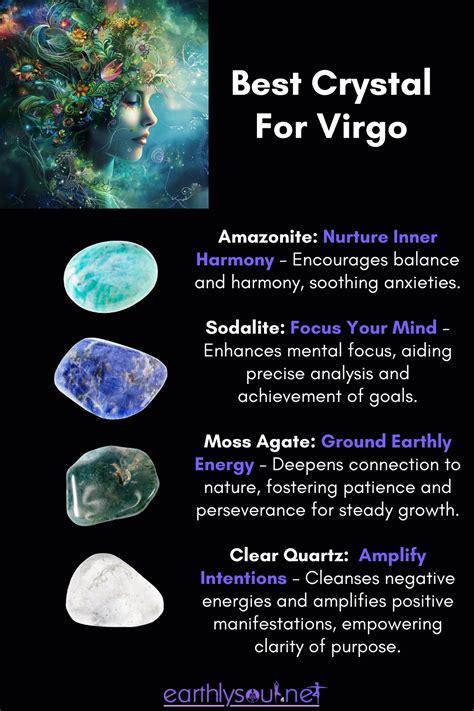
What are Geodes?
Geodes are geological formations that consist of a hollow rock with a crystalline interior. They typically form when minerals, usually quartz or calcite, fill the cavities of volcanic or sedimentary rocks. Over time, these minerals grow into intricate and visually stunning crystals, creating the captivating appearance that makes geodes so popular.
Factors Affecting Geode Value
- Size: Larger geodes generally command higher prices. The size is measured by the diameter of the crystal-lined cavity and can range from a few inches to several feet.
- Crystal Formation: The type, size, and quality of the crystals within the geode significantly influence its worth. Unique or rare crystal formations, such as druzy or scepter crystals, enhance the value.
- Color: Vibrant and distinct colors are highly prized. Clear or white geodes are less valuable, while deep purple, blue, or green specimens command higher prices.
- Mineral Composition: The specific minerals that form the crystals affect the geode’s value. Quartz and calcite are common and less expensive, while more unusual minerals like amethyst or fluorite increase the worth.
- Rarity: The availability and prevalence of a particular geode type in the market impact its value. Rare or hard-to-find specimens are more valuable than those commonly found.
Geode Market Value
The market value of geodes varies widely depending on the factors mentioned above. Small, common geodes can be purchased for as little as a few dollars. However, large, rare, or aesthetically exceptional specimens can fetch thousands of dollars or even more.
According to the 2022 report by the Gemological Institute of America (GIA), the average price of a geode ranges between $50 and $1,000. However, exceptional pieces can command prices of up to $10,000 or more.
Valuing Your Geode
Determining the accurate value of a geode requires expert assessment. Factors such as mineral composition, crystal formation, and rarity can be difficult to ascertain without specialized knowledge. Here are some important points to consider when evaluating your geode:
- Consult with a gemologist or geologist for professional appraisal.
- Research comparable sales to gain insights into current market values.
- Consider the geode’s size, weight, and condition.
- Be cautious of overly optimistic valuations or unrealistic expectations.
Ethical Considerations
It is important to note that geodes are non-renewable resources. As such, responsible sourcing and ethical practices should be considered when purchasing or collecting geodes. Seek stones from reputable dealers who prioritize sustainability and minimize environmental impact.
Benefits of Owning a Geode
Beyond their monetary value, geodes offer numerous benefits for their owners:
- Aesthetic Appeal: Geodes add a touch of natural beauty and elegance to any space.
- Energy and Healing: Many believe that geodes possess healing properties and can promote positive energy.
- Collecting and Investment: Geodes can be an enjoyable and worthwhile investment. Rare or unique specimens can appreciate in value over time.
- Educational Value: Geodes offer a fascinating glimpse into geological processes and the wonders of nature.
Conclusion
Geode rocks are valuable both financially and aesthetically. While their worth is influenced by multiple factors, their rarity, beauty, and potential benefits make them highly desirable collectibles. Whether you seek investment opportunities or simply appreciate the captivating allure of nature, understanding the factors that determine their value is crucial. Remember to prioritize ethical considerations and enjoy the joy that these geological treasures bring.












